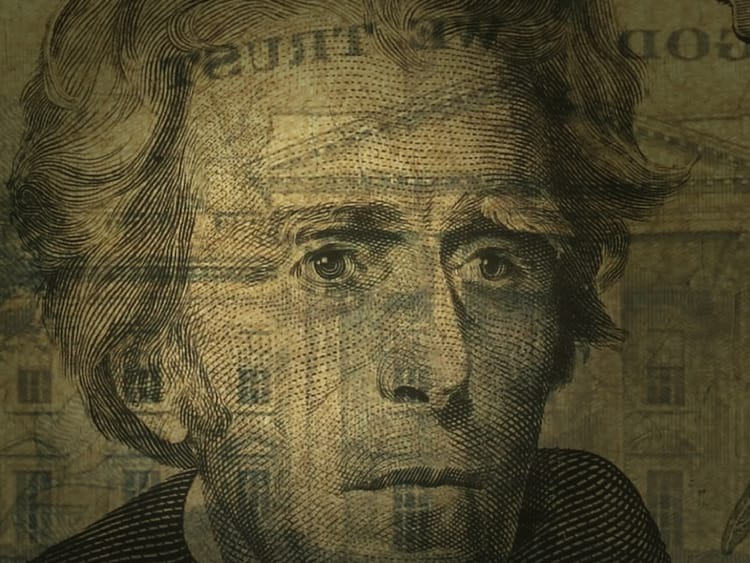Textbook politics

Across the United States, Republican legislators are now advancing initiatives to control how schools teach about race, sex, gender, and American history. Florida’s Governor Ron DeSantis, a potential presidential candidate in 2024, recently introduced the “Stop W.O.K.E. Act,” legislation that would allow parents to sue school districts for teaching “critical race theory.” At his urging, the Florida State Board of Education banned teaching it last summer—that is, teaching “that racism is not merely the product of prejudice, but that racism is embedded in American society and its legal systems in order to uphold the supremacy of white persons”—and prohibited the educational use of The New York Times’ 1619 Project, according to which the United States’ “true founding” was the arrival of enslaved people from Africa in the early 17th century.
PEN America, a U.S.-based nonprofit promoting free expression, published a November report highlighting “educational gag order” bills introduced or pre-filed in more than two dozen states last year, a dozen of which passed into law. PEN called these measures “illiberal in their attempt to legislate that certain ideas and concepts be out of bounds, even, in many cases, in college classrooms among adults.” What effect are these laws having on American education?
Jeffrey Sachs is a historian and political scientist who teaches at Acadia University in Nova Scotia, Canada, and who’s writing about these bills and laws for PEN. Sachs says they’re already creating an atmosphere of confusion and fear among educators—and are likely to be adopted by more states this year. The laws are a response to collapsed trust in educational institutions among Republicans, many of whom sincerely believe schools are indoctrinating students with left-wing ideology and teaching them to hate America—though Sachs also sees these initiatives as reminiscent of the paranoia that consumed the American right when it legislated against Communism and Marxism in the 1950s …
Graham Vyse: What exactly do these bills and laws do?
Jeffrey Sachs: They’re are all designed to regulate how educators—and people who run educational institutions—talk and teach about race, sex, and American history. They all follow a somewhat similar design, based off a Trump administration executive order, which included a list of “divisive concepts” such as the idea that an individual, by virtue of his or her race or sex, is inherently racist, sexist, or oppressive. Another “divisive concept” is the idea that an individual should feel discomfort, guilt, anguish on account of his or her race or sex.





